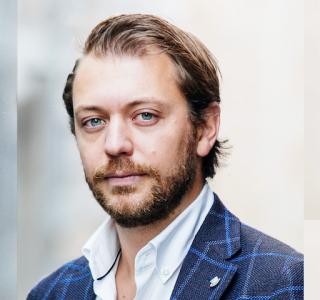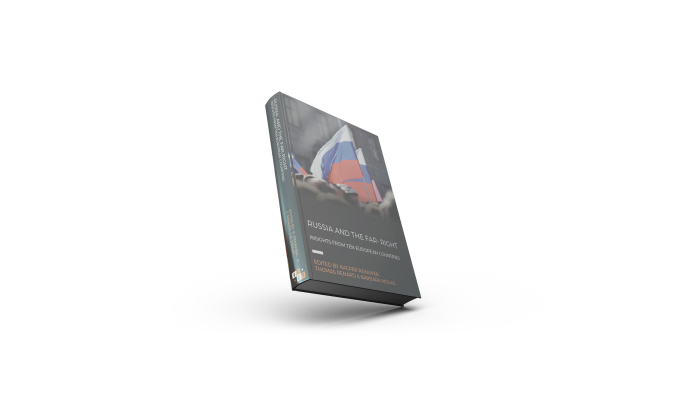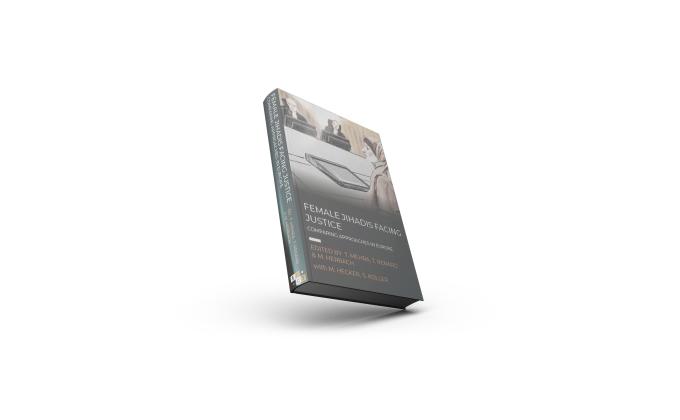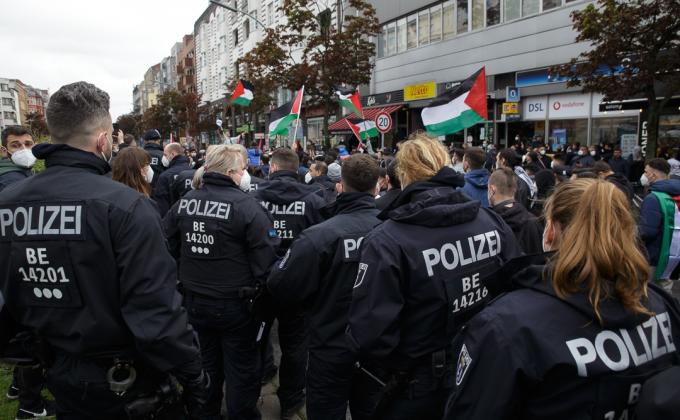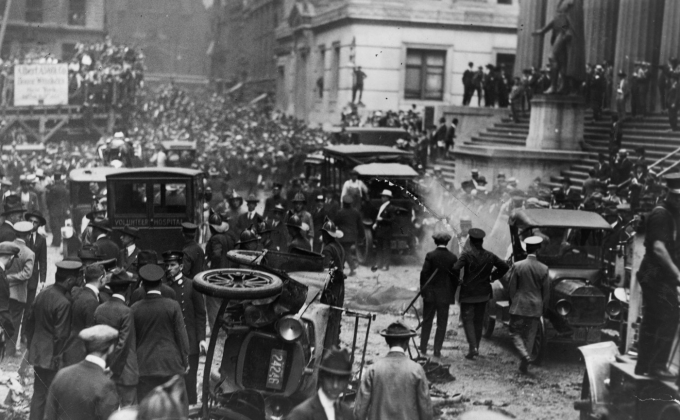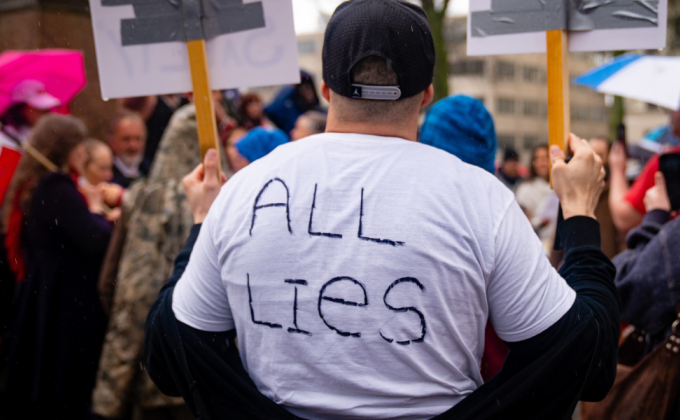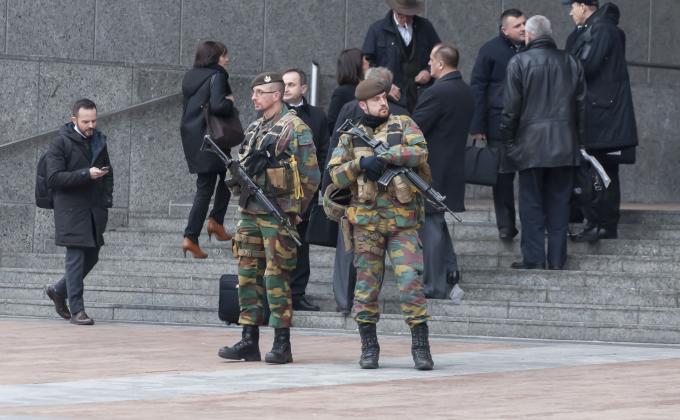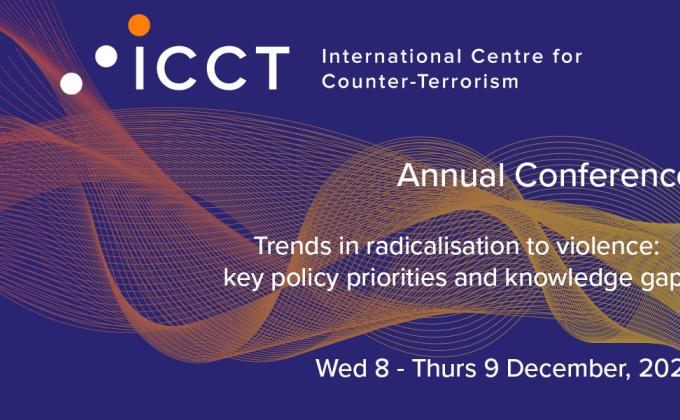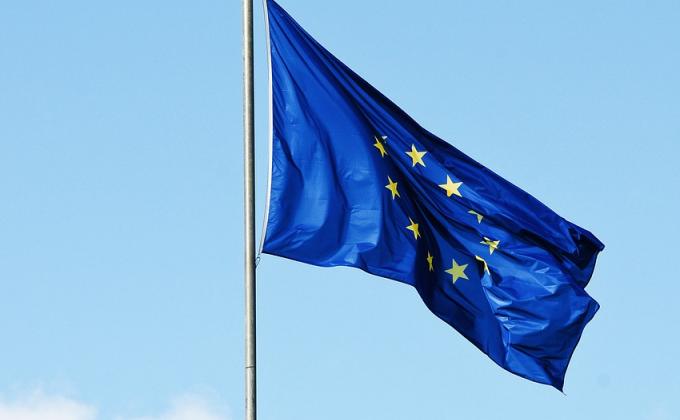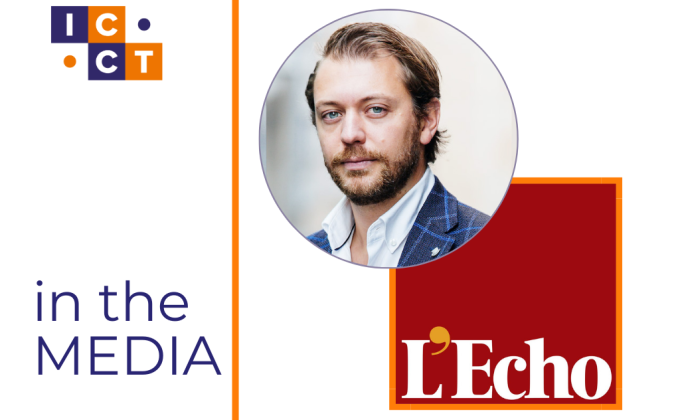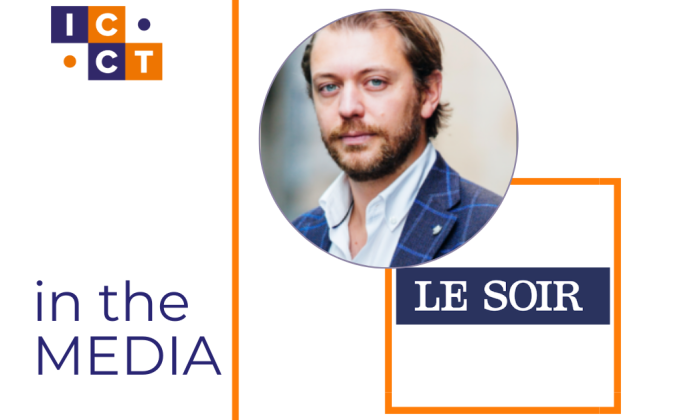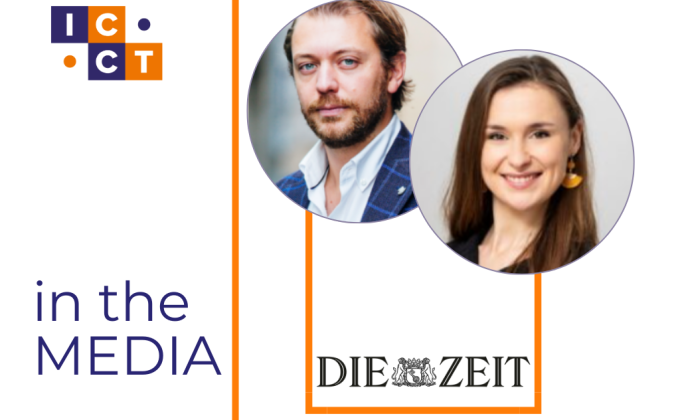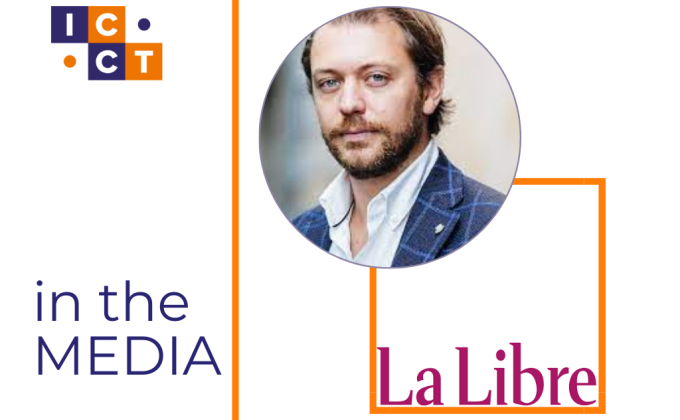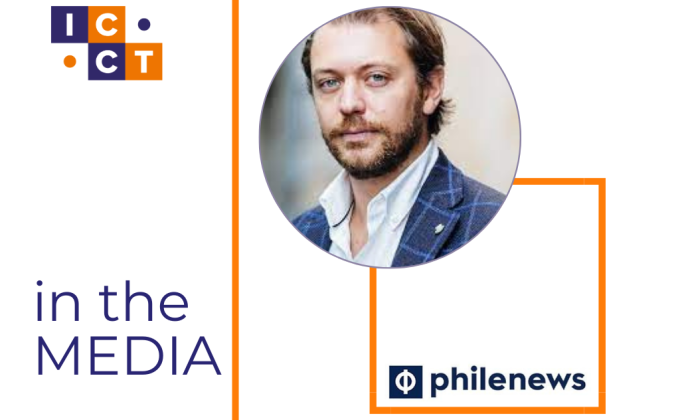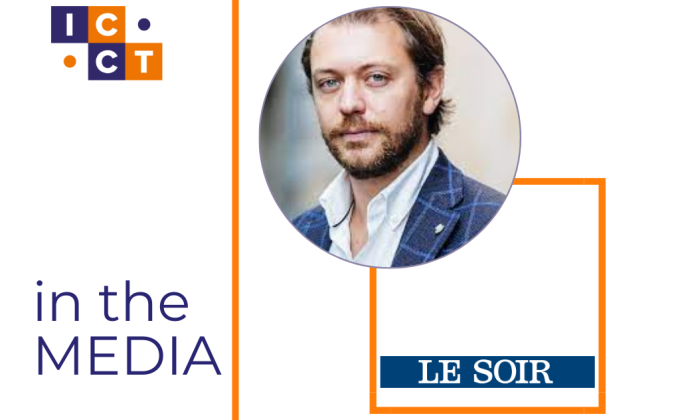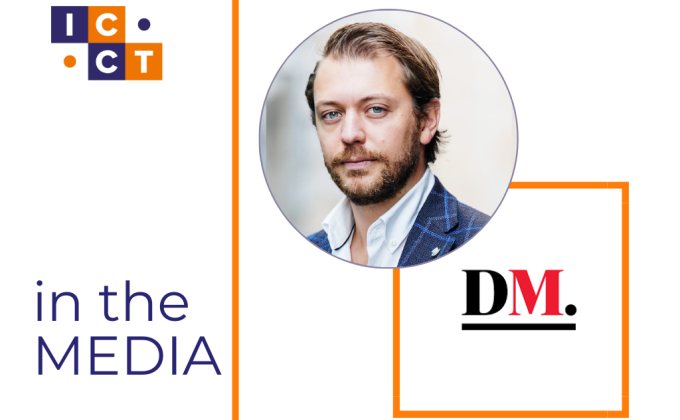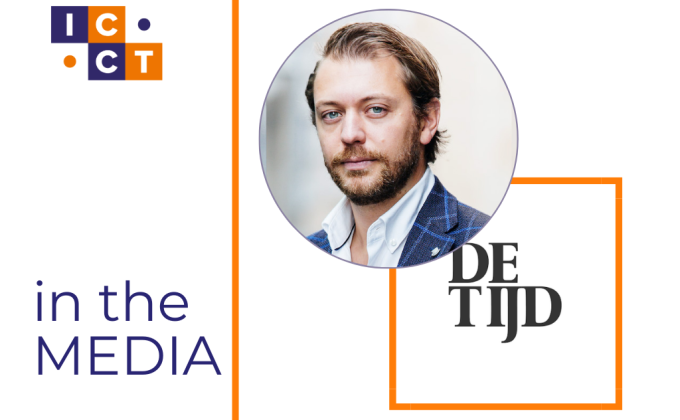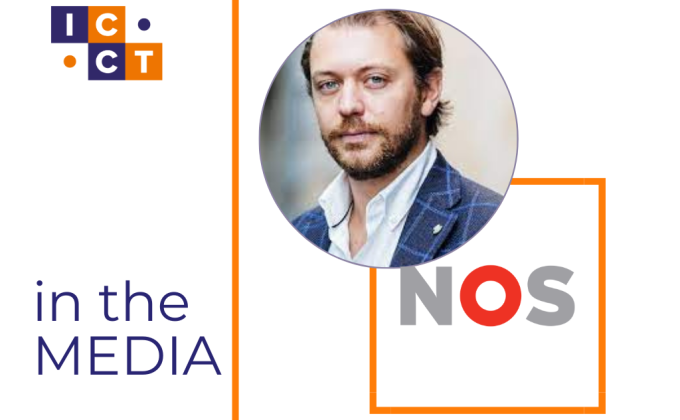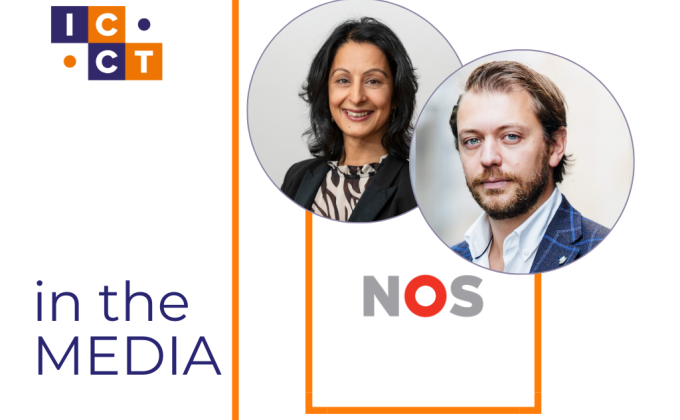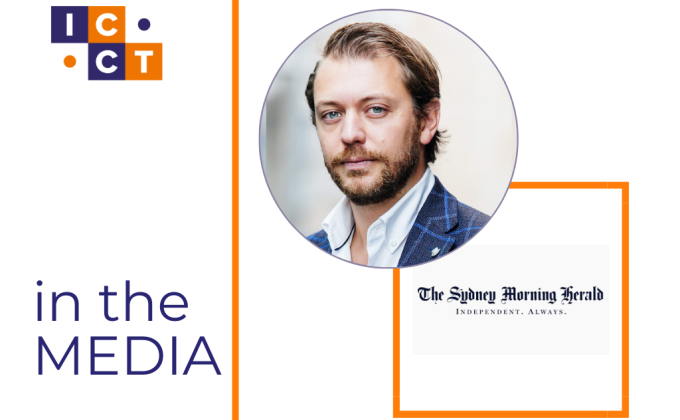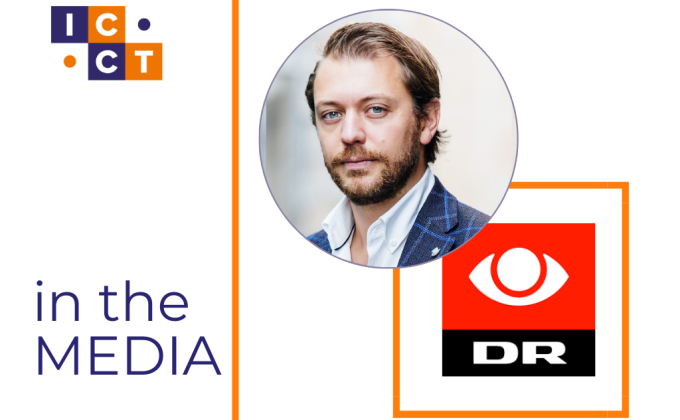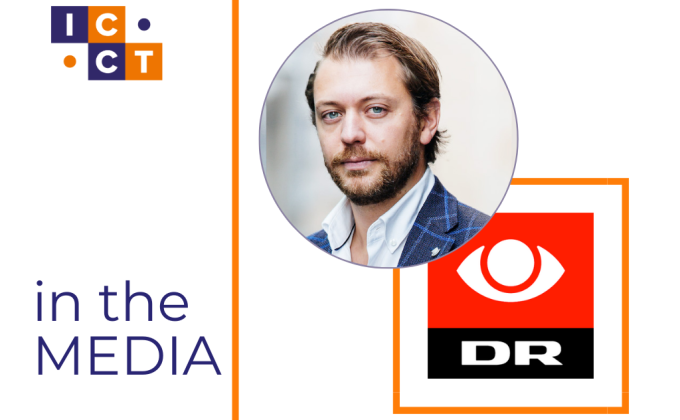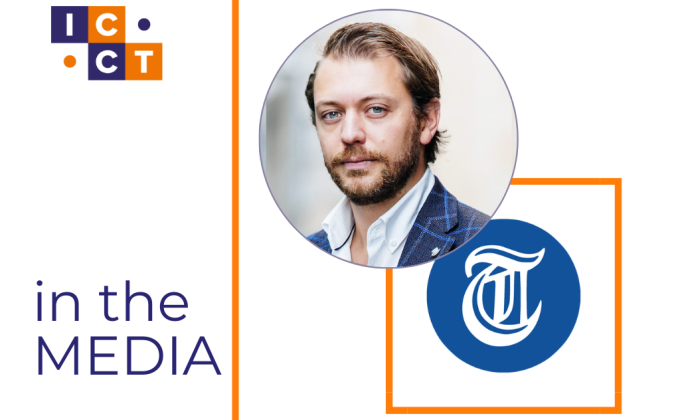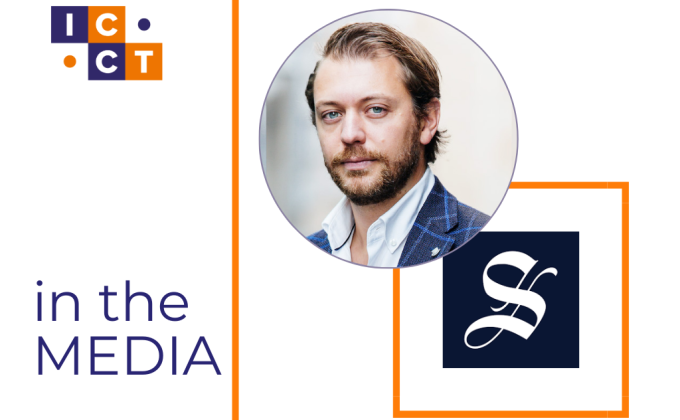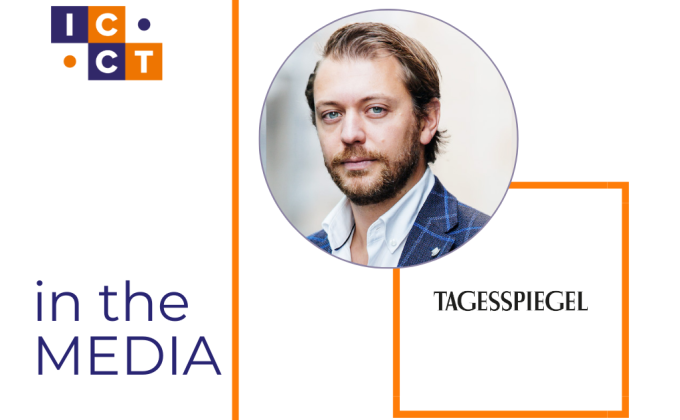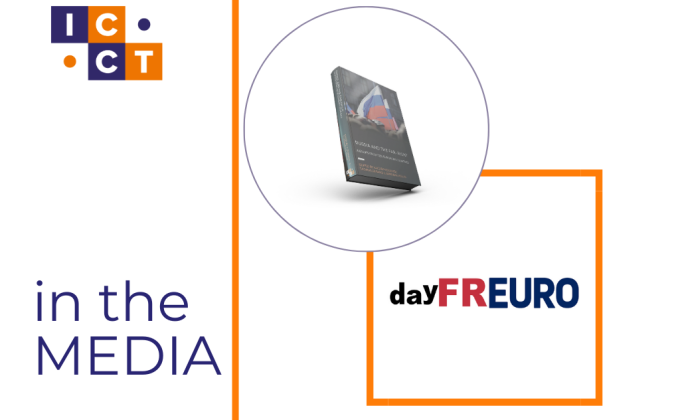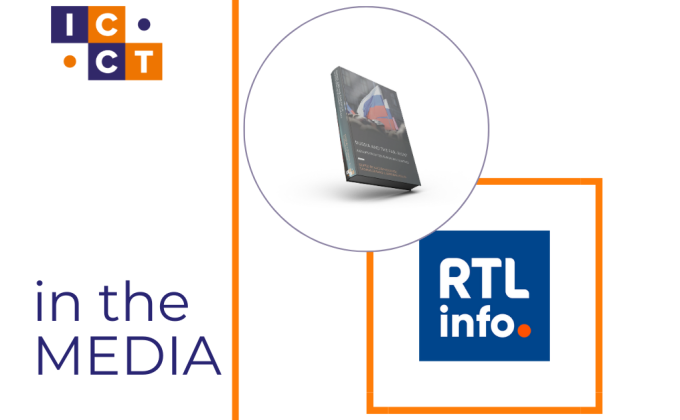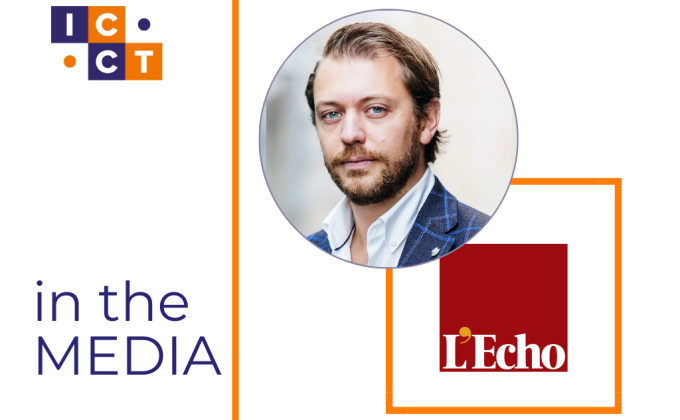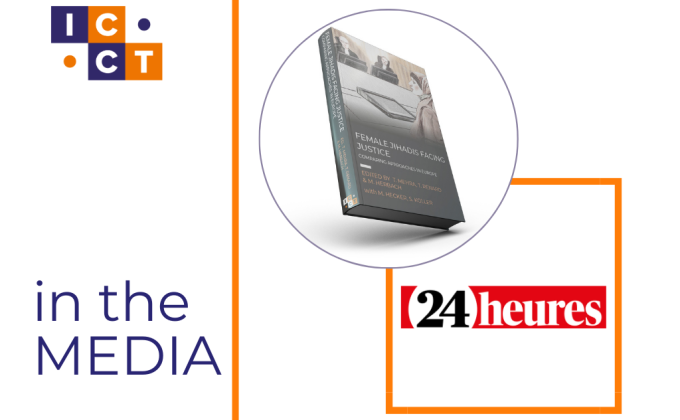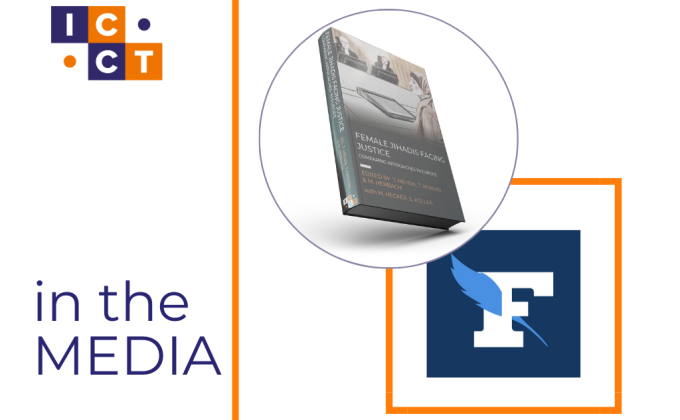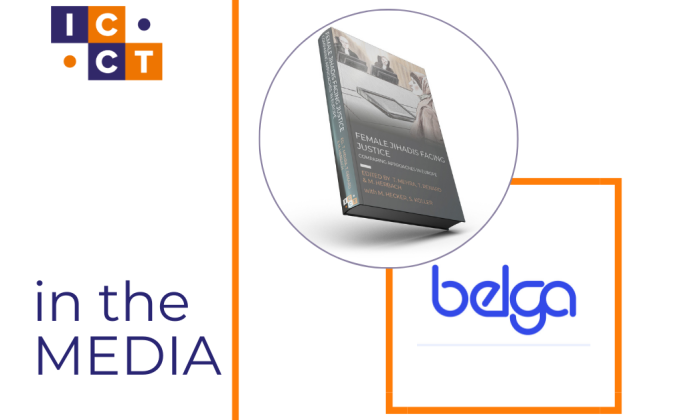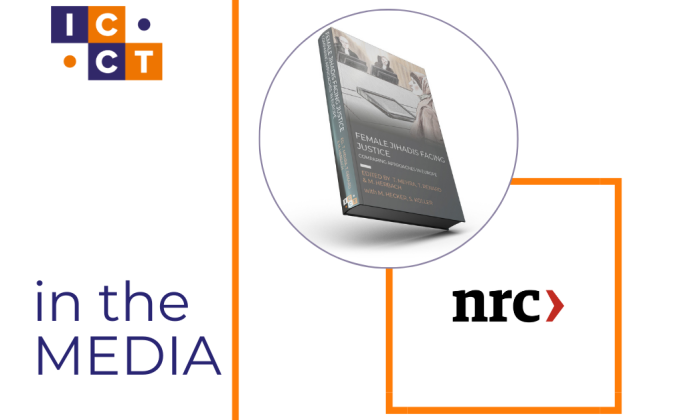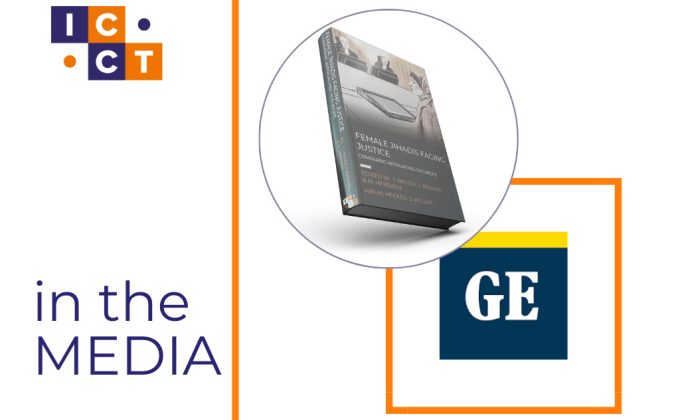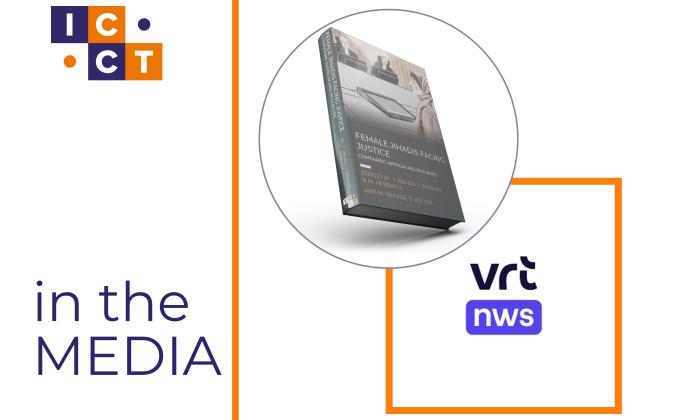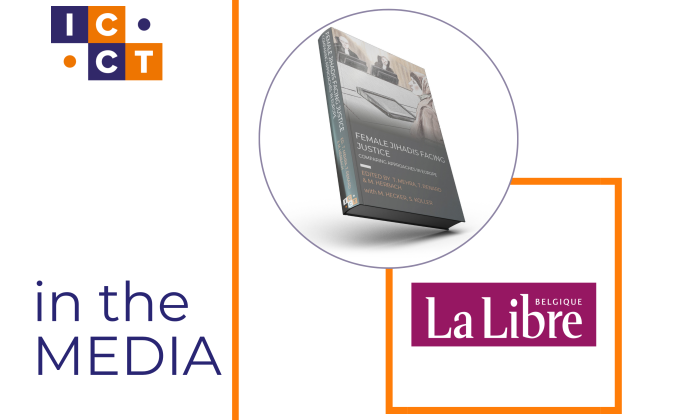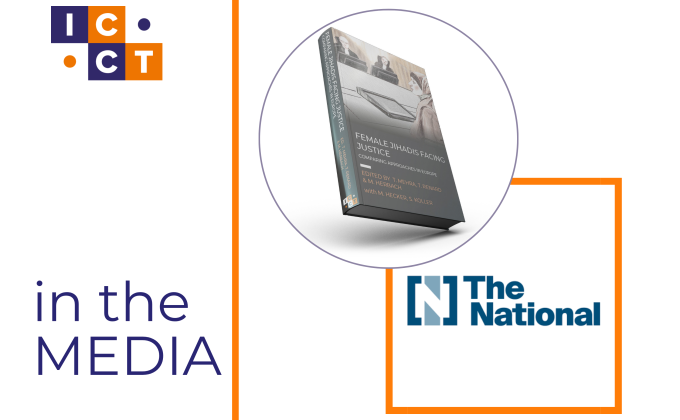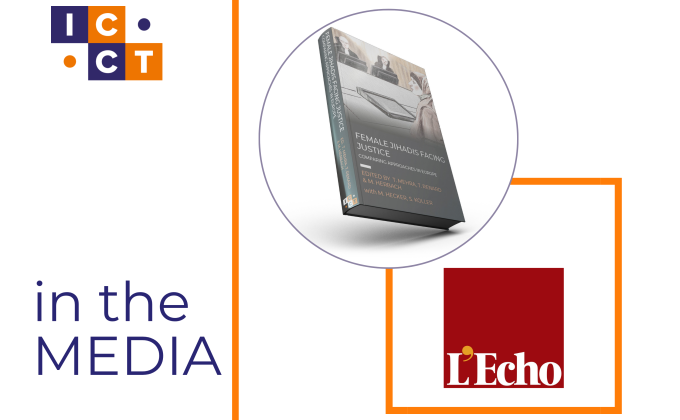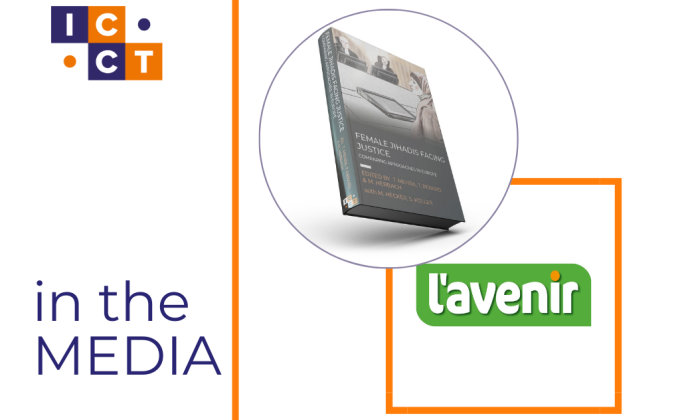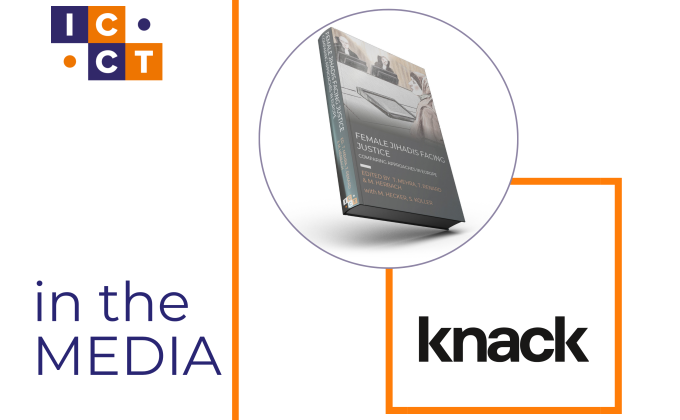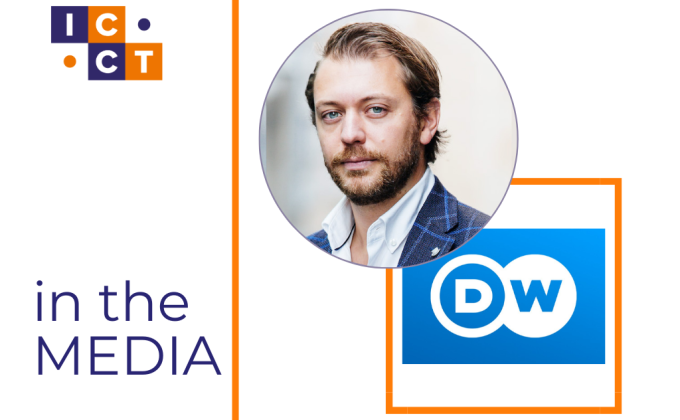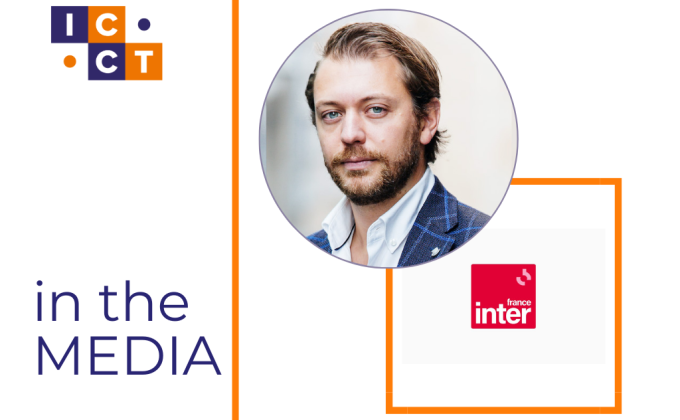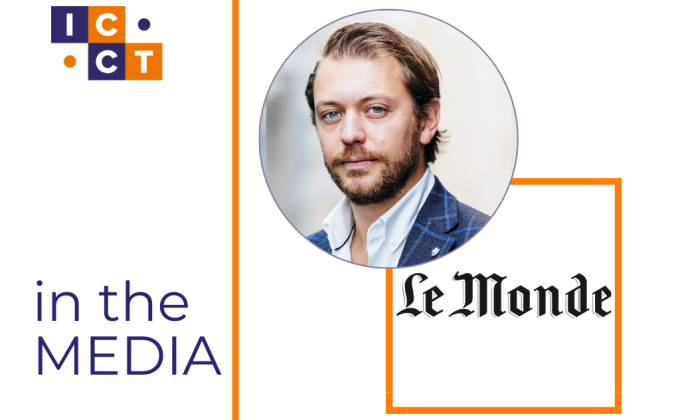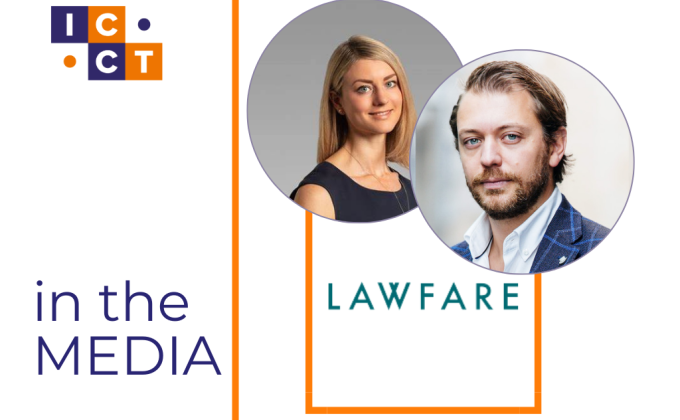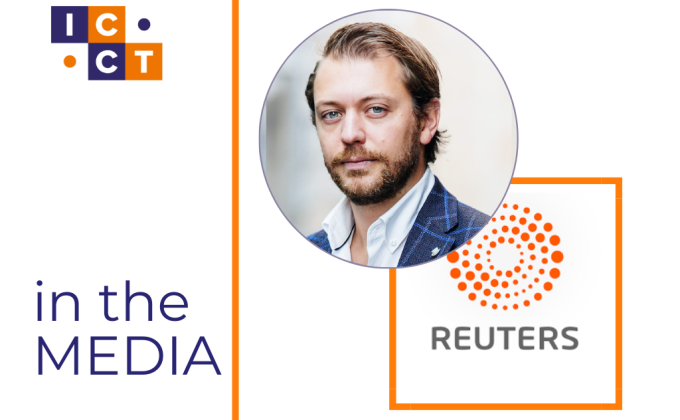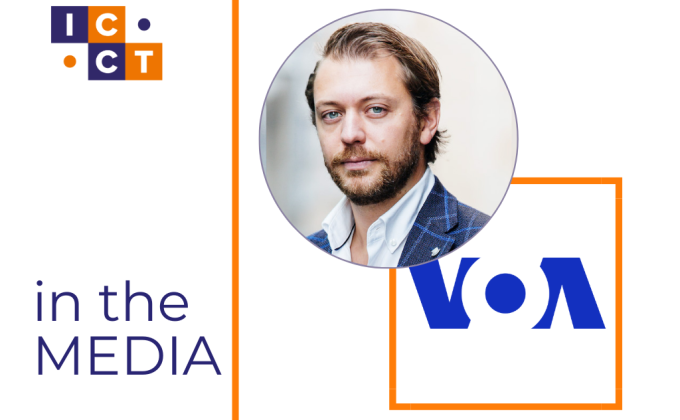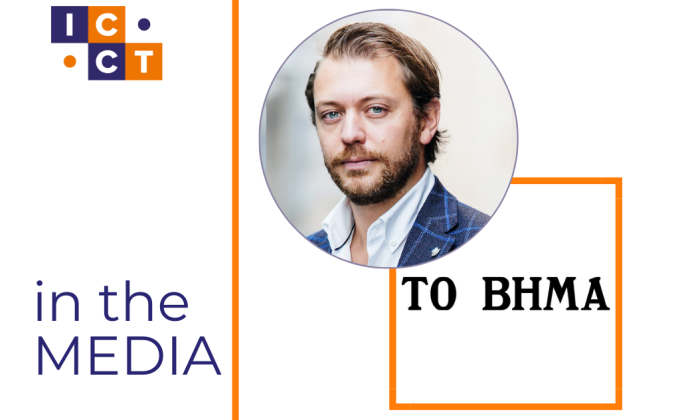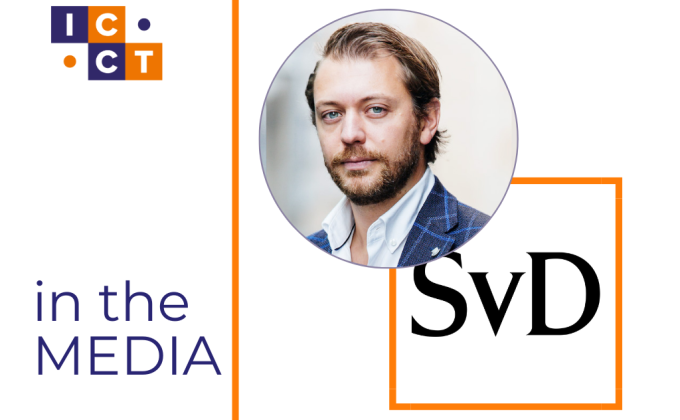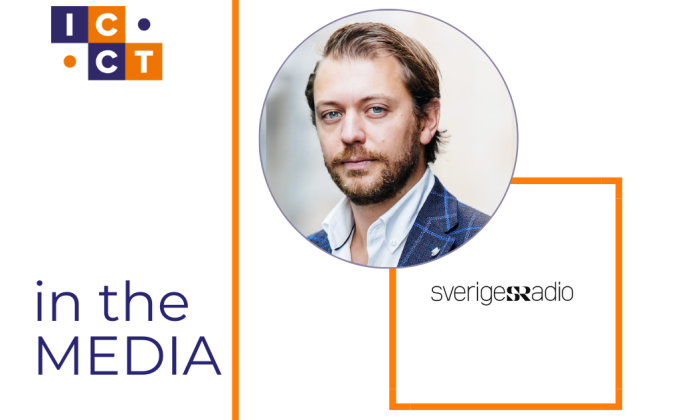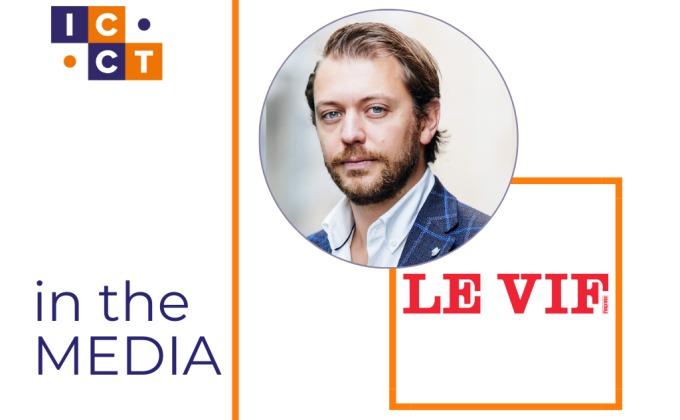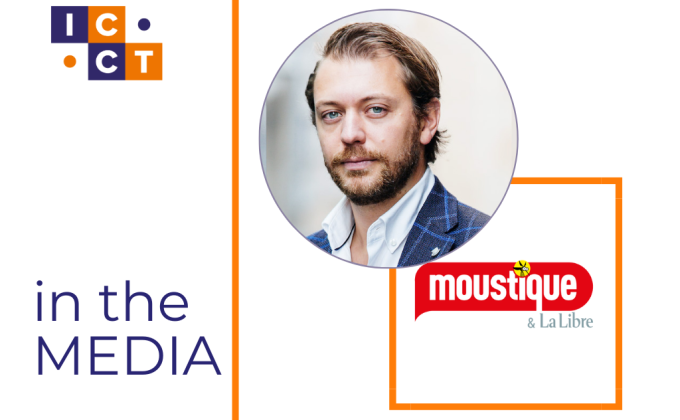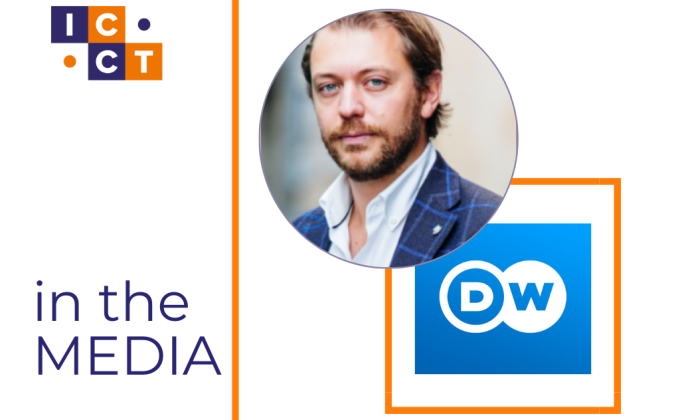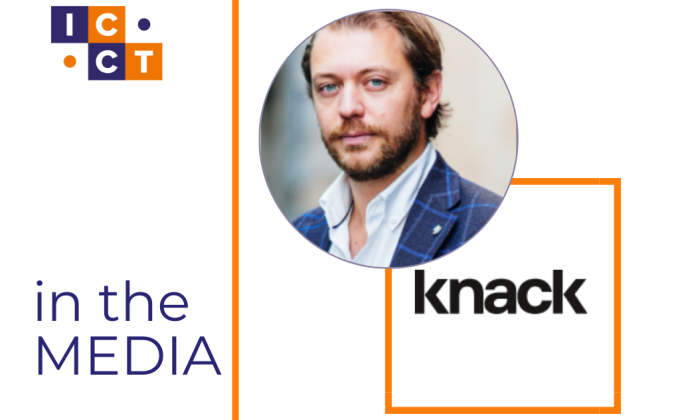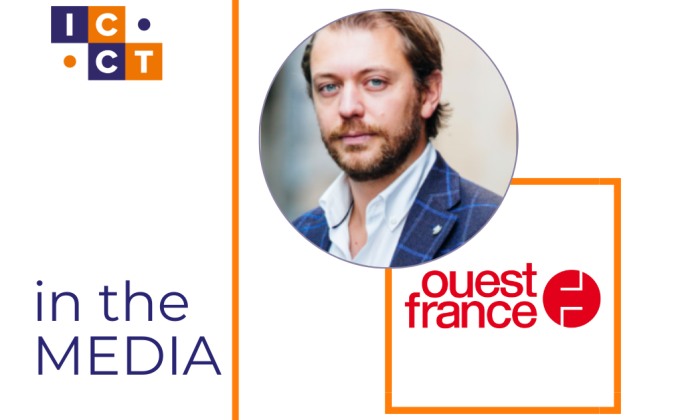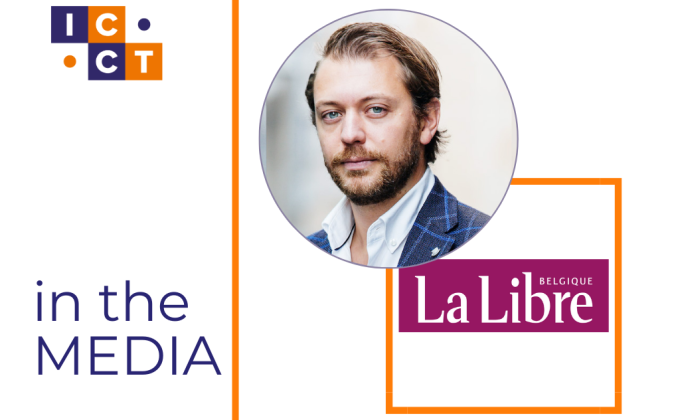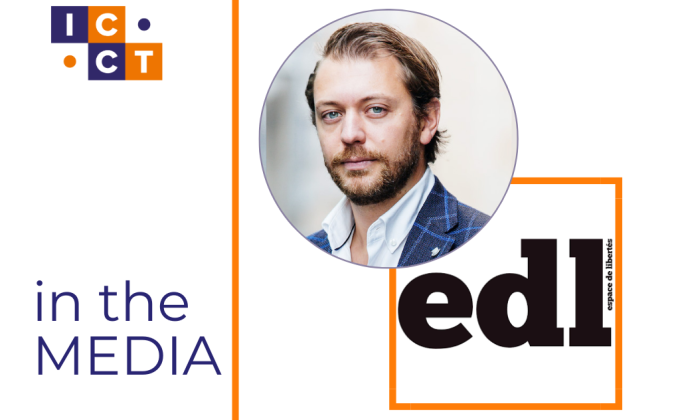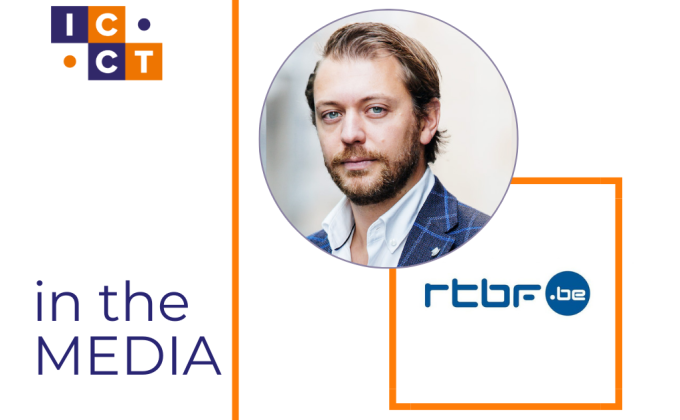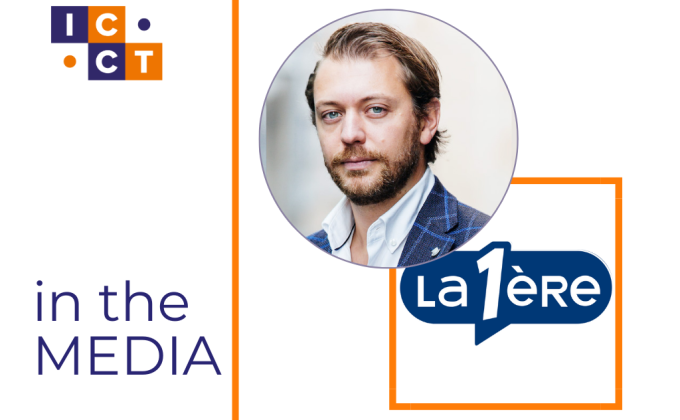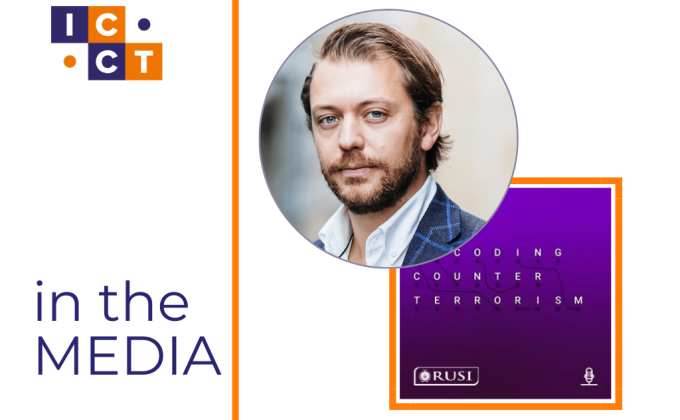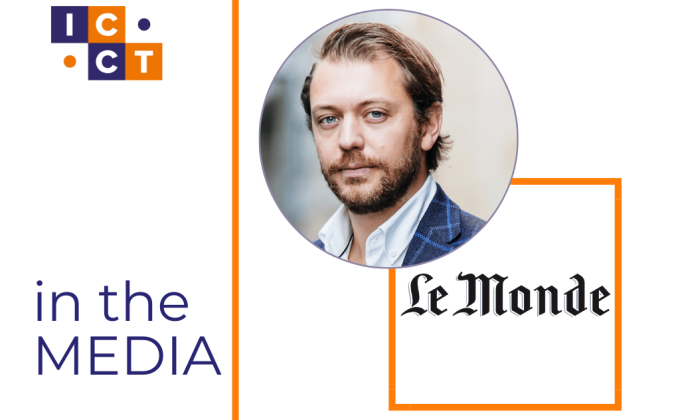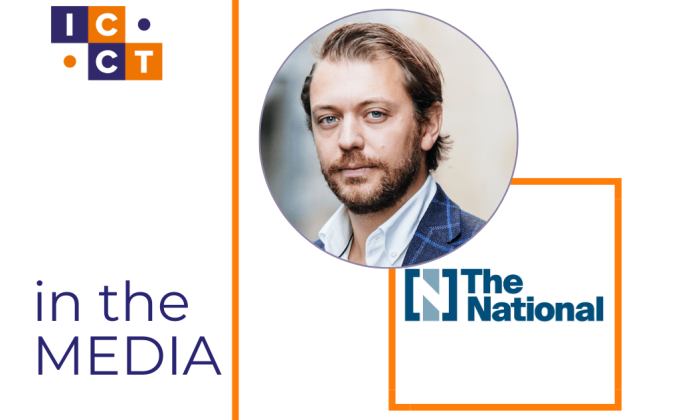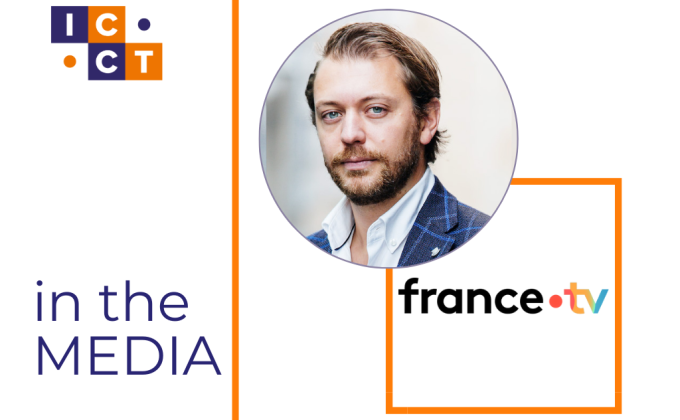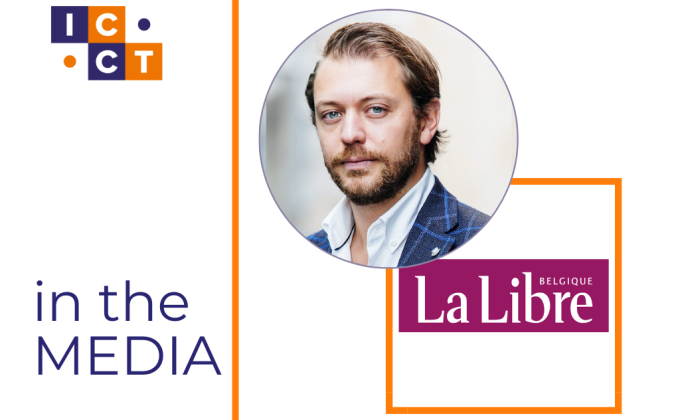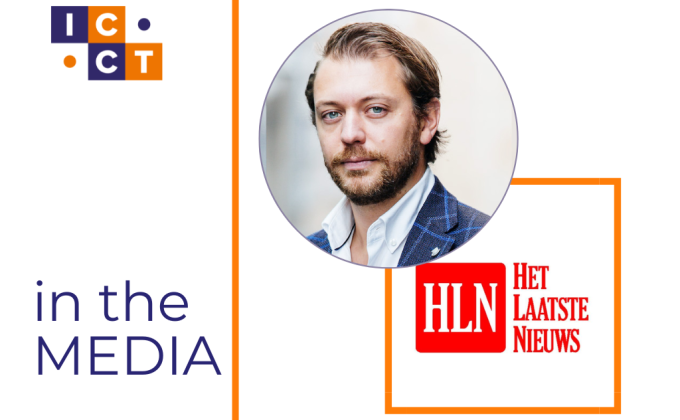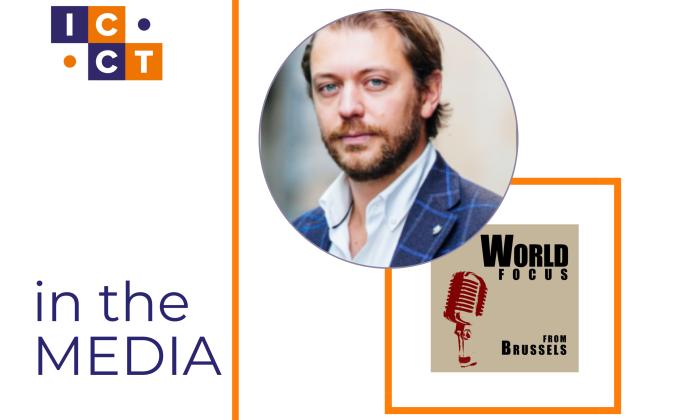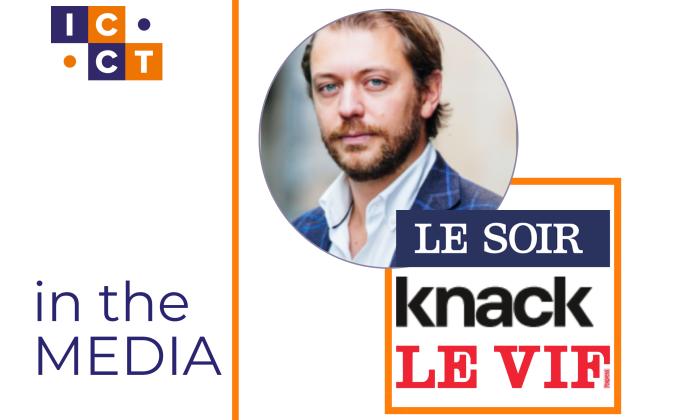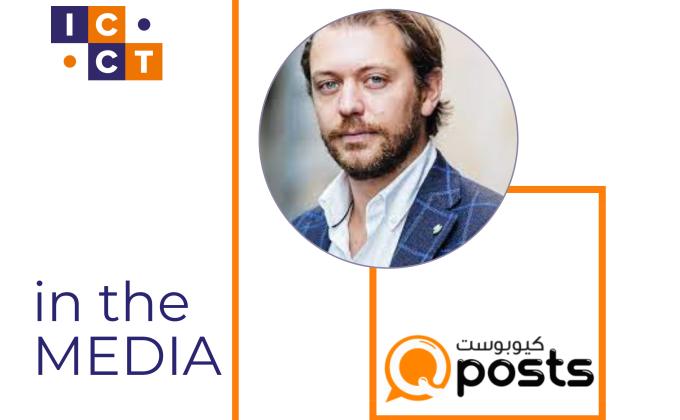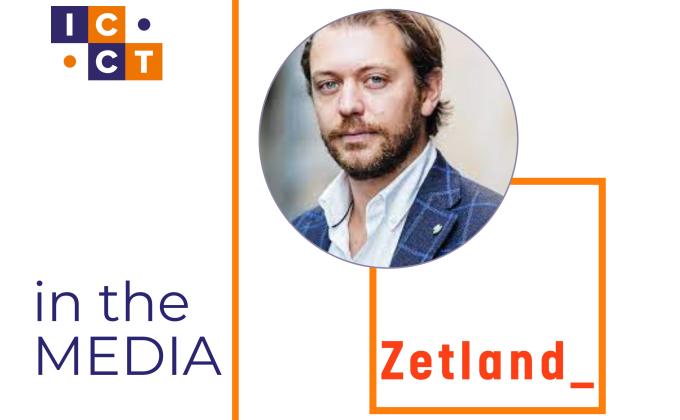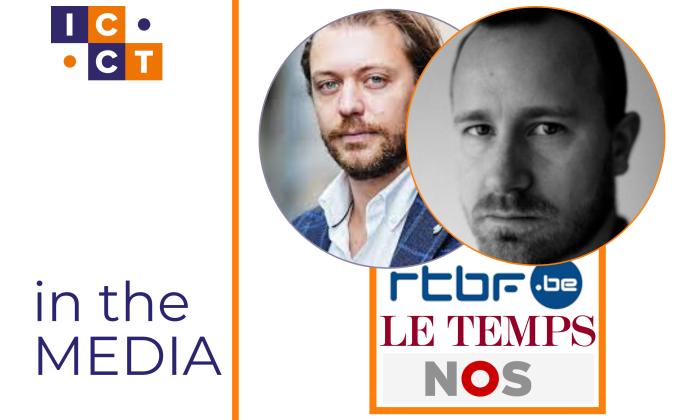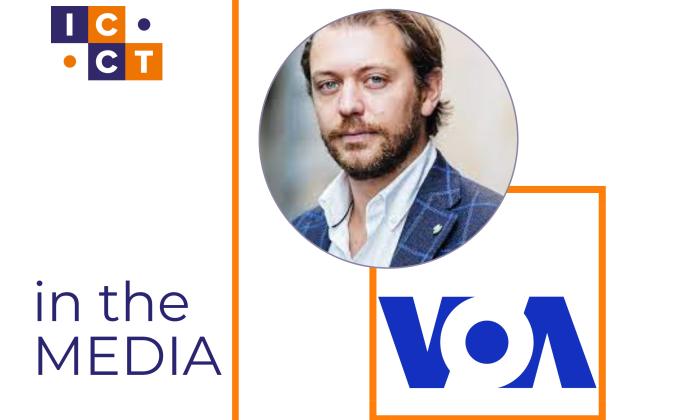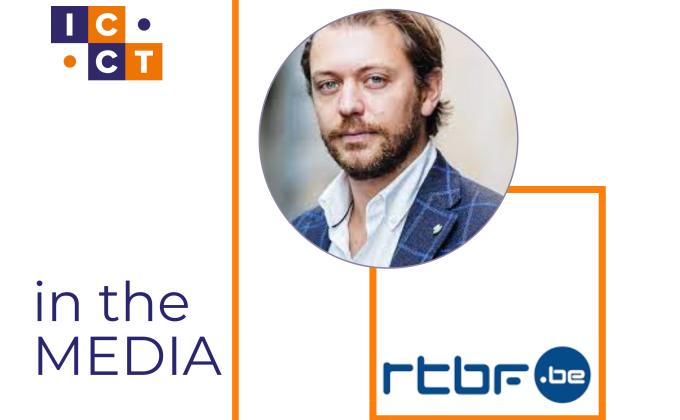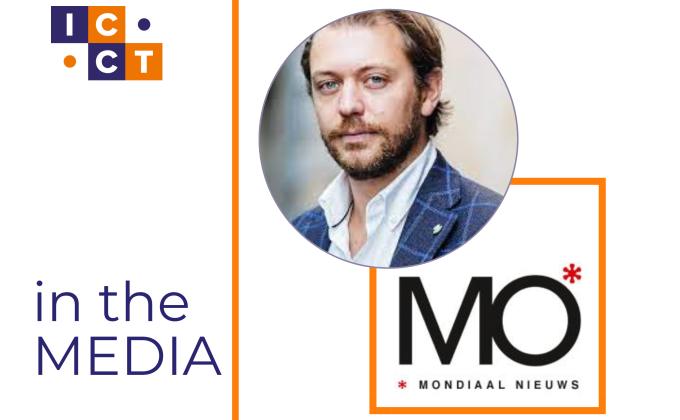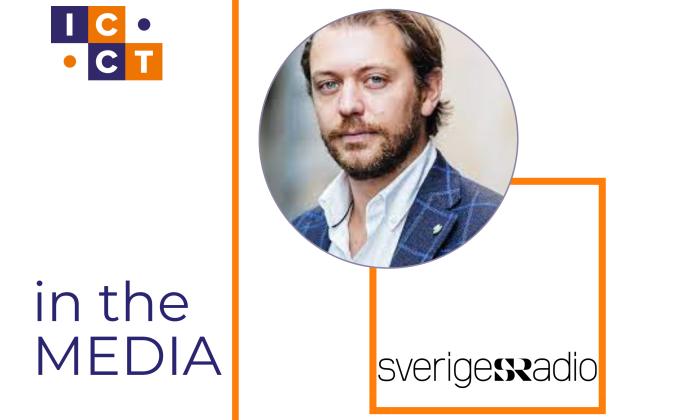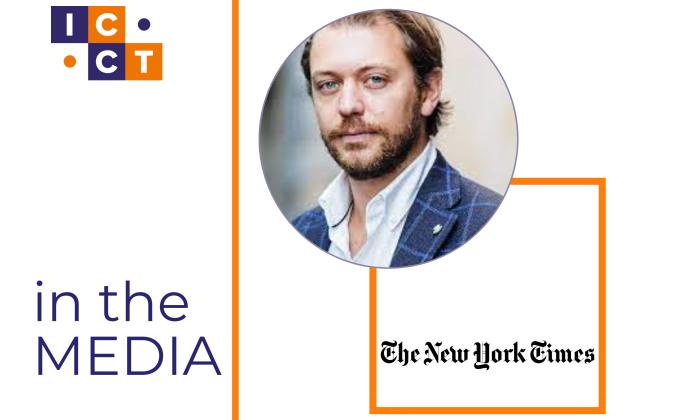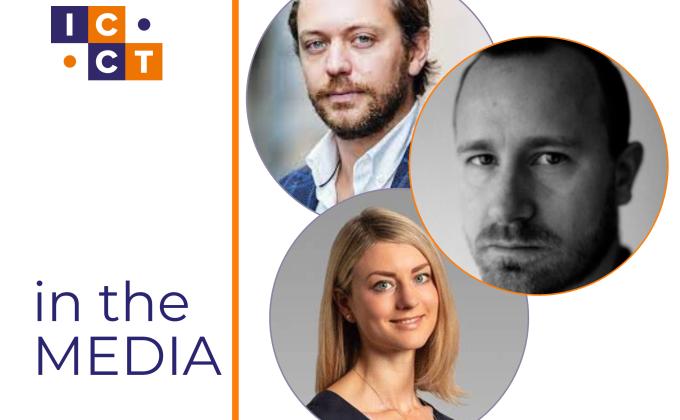Thomas Renard is Director of ICCT since 2021. His research focuses on (counter-)terrorism and (counter-)radicalisation in Europe. His recent research has focused on the evolution of counter-terrorism policy in liberal democracies, on anti-government extremism, on (returning) foreign fighters, on radicalization in prison and on terrorist recidivism. His latest monograph is The Evolution of Counter-Terrorism since 9/11 (Routledge, September 2021). He also co-edited two books in 2024 (ICCT Press): Russia and the Far-Right: Insights from Ten European Countries, and Female Jihadis Facing Justice: Comparing Approaches in Europe. His research has been published in many journals and think tanks, including: International Affairs, Perspectives on Terrorism, CTC Sentinel, Cambridge Review of International Affairs, ICCT or RUSI. He presented his research findings in many policy venues, including the UN Security Council, UN CTED, the Global Counterterrorism Forum (GCTF), the European Commission and the European Parliament, among others, and his recommendations regularly inform global policy discussions. He also contributes regularly to media worldwide (New York Times, Washington Post, Guardian, BBC, Le Monde, etc.).
In 2024, Dr. Renard was appointed by the European Commission as member of the Research Committee of the EU Knowledge Hub on the Prevention of Radicalisation, and by Europol as a steering committee member of the European Counter-Terrorism Centre (ECTC) Advisory Network on terrorism and propaganda. He is also a Senior Associate Fellow at the Egmont Institute and at the UNESCO-PREV Chair at the University of Sherbrooke. Furthermore, he is the Chair of the Steering Board of Perspectives on Terrorism, a leading academic peer-reviewed journal, and he sits in various scientific committees or advisory boards. He is also a member of the International Gender Champions (ICG), committed to ensure gender equity in his work and organisation.
Dr. Renard obtained his PhD from Ghent University in 2021. His dissertation was awarded the ‘Best Doctoral Dissertation on Terrorism and Counter-Terrorism’ by the Terrorism Research Initiative (TRI). He also holds a MA in International Affairs from the George Washington University (GWU) and a MA in Journalism from the Université Catholique de Louvain (UCL). Previously, he worked at the Egmont Institute, at the Center on Global Counterterrorism Cooperation (as the head of the Brussels office) and with the Jamestown Foundation. He was also Adjunct Professor at the Brussels School of Governance, at the Free University Brussels (2015-21).
All his publications are available at: www.thomasrenard.eu
